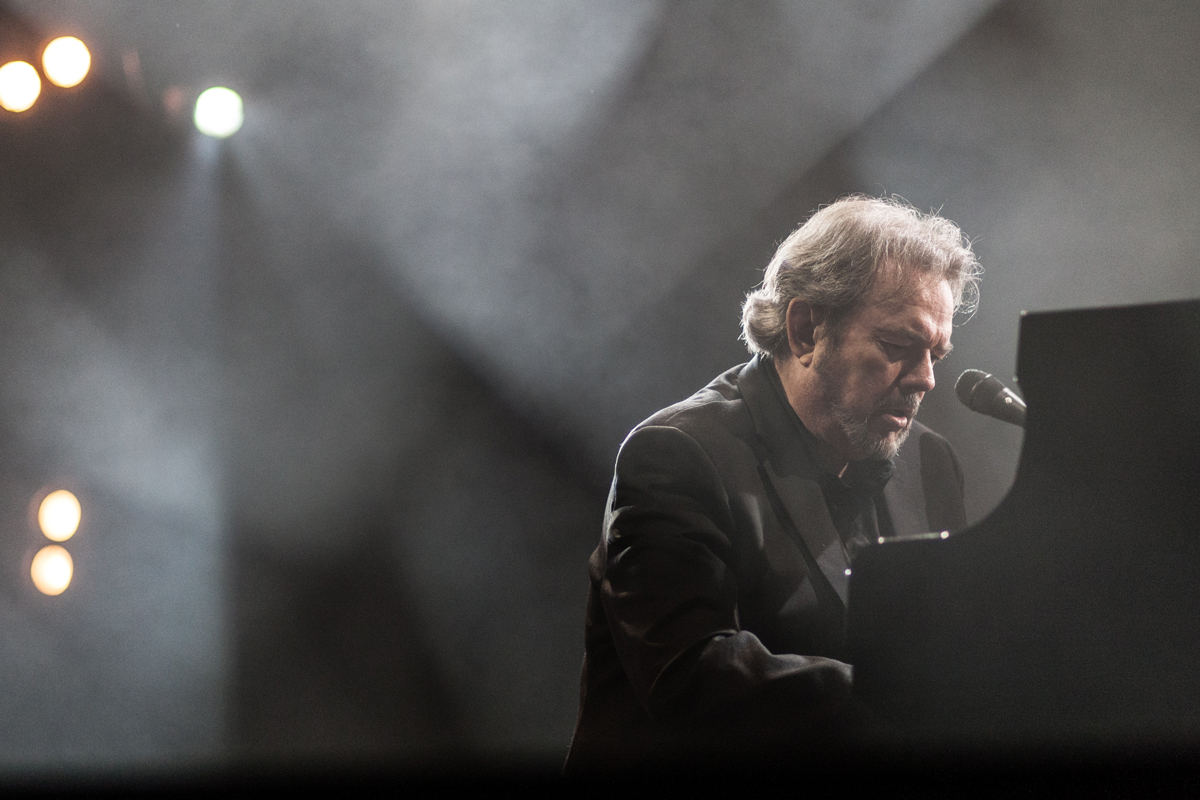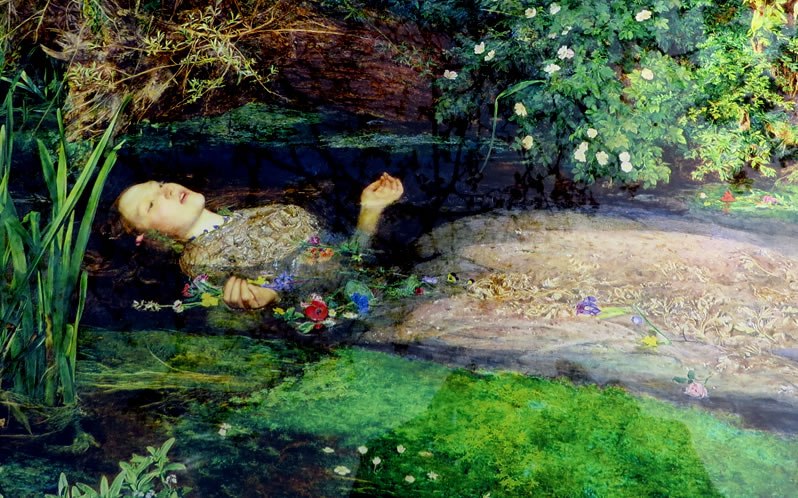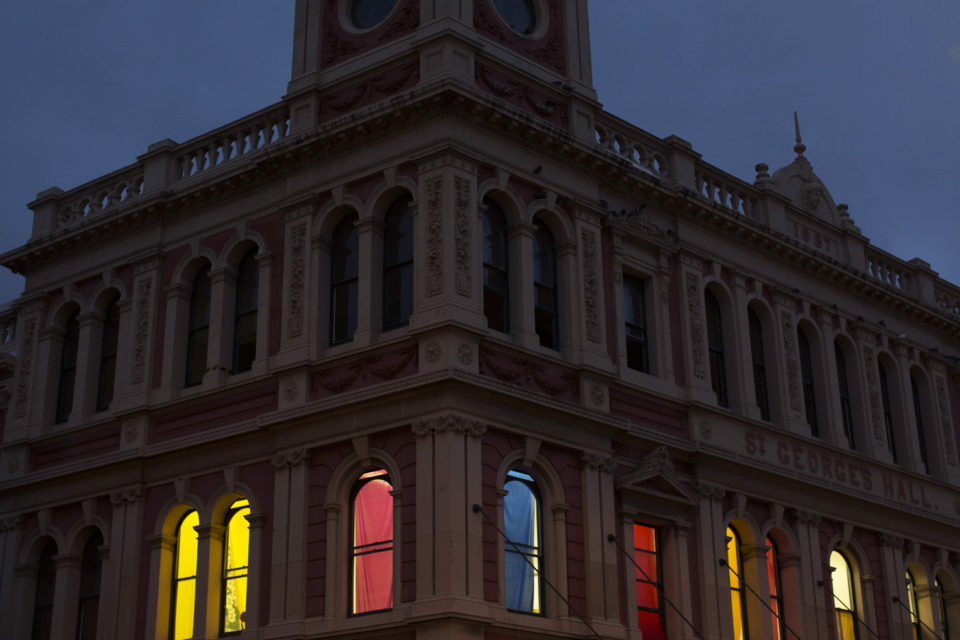I’m seven years old listening to the radio in my grey school uniform as my mother makes breakfast. Out of the easy listening swamp emerges a fat descending guitar riff, a sweep of strings and a voice like honey and leather. It’s a song about a lovesick lineman in some place called Wichita, and I follow the melody as it dips, rises and leaves with a satellite signal that lingers like indelible morse code.
Almost five decades later I’m inside a cosy diner in Oyster Bay, Long Island talking with the man who conceived that indelible signal while cold rain falls outside.
Jimmy Web has kind, assessing eyes and a genteel timbre in his voice that is both Southern and worldly. His recently published memoir “The Cake and the Rain” follows his journey from rural Oklahoma to the drug fueled LA music scene in the early seventies and his massive success as the writer of iconic songs like ‘MacArthur Park’ and ‘By the Time I Get to Phoenix’.
He makes frequent literary and musical references and says he feels like he could have been a film director. He trusts his memory if it plays out in his mind like a video, otherwise it’s not tangible enough to have made it into his book, and I surmise, his songs.
He looks at my voice recorder: “I have one of those. I take it everywhere with me and record all kinds of things – birds, waterfalls, the wind. The last time I was in Hawaii, I recorded this phenomenon where all these birds gather in one tree and create a cacophony. Thousands of birds yelling at each other. It’s an ornithological ritual of some kind. It builds to an audible climax where it just becomes deafening. I have the sound files and I always think that one of these days I’m going to fold them into a record. I don’t see anything wrong with using all of that stuff. I think it’s anything goes.”
If anything goes, how does he feel about people sampling his songs? Kanye West used a large section of ‘Do What You Gotta Do’ (as performed by Nina Simone in 1968) on the 2016 hit ‘Famous’. Jimmy tells me they didn’t ask permission. Once contacted, Kanye’s people immediately offered him 35% of the proceeds. Then the Grammy’s rolled around and the song had several nominations. Twelve writers were nominated for ‘Famous’ but he was not listed even though technically, he should have been given a third of the credit. “I raised a row about it,” he says. “I’ve always been concerned about the fact that songwriters get the short end of the stick.”
I ask Jimmy if the sense of space in his songs comes from growing up in Oklahoma and Texas. He agrees: “I’m almost claustrophobic. I start feeling hemmed in very quickly. To me, the ocean strikes the same chord in my mind as the high plains of Oklahoma, which are basically flat. The old timers up there say ‘You stand up on this little hill right here. You can see for fifty miles over into New Mexico.’ Well, it’s probably true. You can see a hell of a long way out there.”
“That feeling of boundlessness, I get chills a little bit thinking about it. I think it’s always divided people into two groups. Those that go upon the sea and those that stay on the shore. People don’t go to sea because it’s comfortable. There’s a whole list of reasons not to go. So why do people go? I think it’s for that sense of boundlessness. The spirit is finally free.”
Can songs do that too? “Songs have that power to open things up and one of the secrets is when you’re writing a song and you feel that sudden, ah, this is it. That blooming of emotion. That feeling is transferrable. That’s what a hit is. A hit has an instant viral effect.”

Jimmy Webb live at Helsinki Festival. Photography by Sasa Tkalcan
Jimmy Webb believes music has a power that hasn’t been fully explored scientifically. His recent experience with his long-term friend and collaborator Glen Campbell’s descent into Alzheimer’s has only reinforced that: “I know a lot of things about Alzheimer’s that I wish I didn’t know. One of them is that music is the prime mover of the human psyche. A stage 4 Alzheimer’s patient may not be able to remember their mother’s name, may not be able to tell you where they are, but they’ll remember a song after everything else is gone. They’ll remember the lyrics. They’ll remember the melody. They’ll be staring out the window blankly. Then they’ll burst into song. It’s almost shocking.”
Jimmy first heard Glen Campbell’s voice on the radio when he was a teenager. He had a job ploughing fields and would listen to the radio to relieve the tedium. One day a song called ‘Turn Around, Look at Me’ came on and Jimmy was so affected by the singer’s voice that he lost his concentration and drove the plough across the road and into the farmer’s wife’s flowerbed. He lost his job on the spot. That night he prayed that he might one day write a song that Glen Campbell would sing. Four years later years ‘By the Time I Get to Phoenix’ was charting and Jimmy Webb’s star was well and truly on the rise.
The first time they met Glen told Jimmy to get a haircut. Campbell was politically conservative but Webb embraced hippie culture. With the money earned from songwriting he set up a large house and invited all comers to live there: “I embraced the concept of the commune, with the exception that in my case, I paid for everything. I believed ‘All you need is love’ and I believed in the loaves and the two fishes. I was a Baptist preacher’s son. I believed that maybe we might be able to put an end to war. Maybe we could make the world a better place. I was just trying the dream to see if it would work. Unfortunately, it doesn’t really work, 30 people living in the same house. There comes a time when you go, ‘God I wish I could have one Saturday morning when I could sleep in when there wasn’t someone in my practice room playing my piano.’”
The night before he wrote ‘Wichita Lineman’ some of these housemates painted his piano green. Glen had called from the studio asking for another “town song” as a follow-up to ‘By the Time I Get to Phoenix’ and when Jimmy set to work in the morning he discovered the piano was still wet. He sweated his way through the song and late in the afternoon sent it over to the studio in an unfinished state “then I went through half a can of turpentine getting the paint off the piano and off me.” A few days later Campbell dropped by with an acetate of ‘Wichita Lineman’. Webb told him the song wasn’t finished. “It is now!” Glen crowed.
Perhaps the song being unfinished gave it a sense of possibility it might otherwise not have had? Jimmy agrees: “My underlying principle is to let songs write themselves. If you’re really forcing yourself to finish a song. If it really feels like hard, hard work, the song is probably telling you it doesn’t want to be written or it doesn’t want to be written the way you’re writing it. I hate to use the word because it’s fraught with cliché but I always thought of songwriting as channeling. Locking in to some fluid source like a surfer looks for the sweet spot on a wave.”
Jimmy Webb’s lyrics are vivid, tender and often heartbreaking. “I’ve always had a tendency to take things more seriously than most people,” he says. “As you become an adult you begin to armor yourself so that it doesn’t affect you, and frankly, I don’t think I was that successful in my twenties and thirties at arming myself. I used to talk to Mr. Sinatra about it and he used to talk about carrying the torch. I was playing him some songs one day and he said ‘You’ve really got it bad kid’. He said ‘I had one of those.’ I think that’s why he ended up recording ‘Didn’t We’. I think that reminded him of one person.”
“Sinatra said to me that ‘By the Time I Get to Phoenix’ was the best saloon song ever written.” Is that a compliment, I ask? “I think in his world that’s the congressional medal of honor,” Jimmy replies.
In the late 60s Webb set up ‘Campo de Encino’ – a large ranch where he again had an open-door policy. The ranch was fitted out with a full recording studio and Webb discovered a few years later that Iggy Pop cooked most of the tracks for one album there. I tell Jimmy that most people wouldn’t put he and Iggy together: “Well they would be wrong!” he says. “I didn’t understand his place in the firmament of rock-n-roll, you know, but I guess I’m just basically a friendly guy. And he was charming as all hell. He was very clever and quick witted and gregarious and he just fit right in.”
Despite his enormous success as a songwriter Webb’s attempts at a solo career in the early 70s never took off. But he doesn’t regret it: “When I declared myself an artist, I did the most brilliant thing that I’d ever done in my life because I set myself free from anyone ever pigeonholing me by saying I was a middle of the road songwriter and relegating me to the dead pool. My instinct was to say I’m an artist, and I make records whether they sell or not. it paid off because I’m still very active, my health is good and my fan base just continues to expand. My audiences are getting bigger and I’m enjoying this late bloom. I think that too much success can be a real assassin of ambition.
He tells me about the other projects he’s been working on: “I just wrote a concerto for piano and orchestra that’s been received really well. I did it while I was writing the book. It’s called ‘For Lefty’. It’s proper classical name is ‘Nocturne for Piano and Orchestra’. The piece was premiered by Orchestra Kentucky. I’ve always wanted to write a concerto for electric guitar. And I’m very, very interested in film.” He’s up for his next memoir too: “I think Volume 2 would be better than Volume 1..”
The week before we met, I attended ‘A Celebration of Jimmy Webb’ – a benefit concert at Carnegie Hall for Alzheimers and the I’ll Be Me Foundation. The breadth of his appeal was apparent from the all-star cast: Judy Collins opened with “The Moon’s a Harsh Mistress”, Johnny Rivers performed “By the Time I Get to Phoenix”, Dwight Yoakam did a rocking “Wichita Lineman”. The last song of the night was Amy Grant singing “Adios”. It’s also the bittersweet title song of Glen Campbell’s new, and final, album. When she first came on stage, Grant looked over and said, “There are so many goodbyes in your songs, Jimmy.” It was a deeply true observation, though I felt it was true as much because Jimmy Webb has always been leaving in search of “that sense of boundlessness, where the spirit is finally free.”
Jimmy Webb – Galveston
Jimmy Webb plays Australia:
Saturday 24th June at Powerhouse Theatre, Brisbane;
Tuesday 27th June at Melbourne Recital Hall, Melbourne;
Thursday 29th June at City Recital Hall, Sydney;
Saturday 1st July at State Theatre, Perth.
Note these USA touring dates: 19th July at Liberty Hall at Lawrence Public Library, Kansas; 22nd July at Levitt Pavilion Pasadena, California; 21st September at Eddie’s Attic, Decatur, Georgia; 26th October One World Theatre, Austin, Texas.






